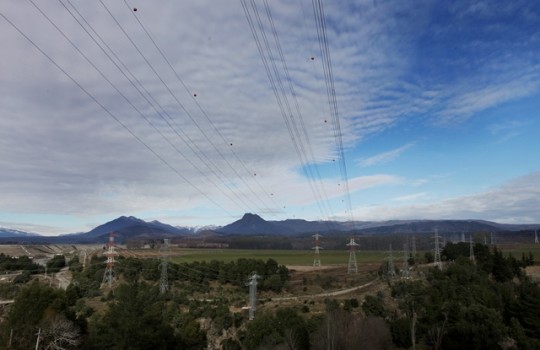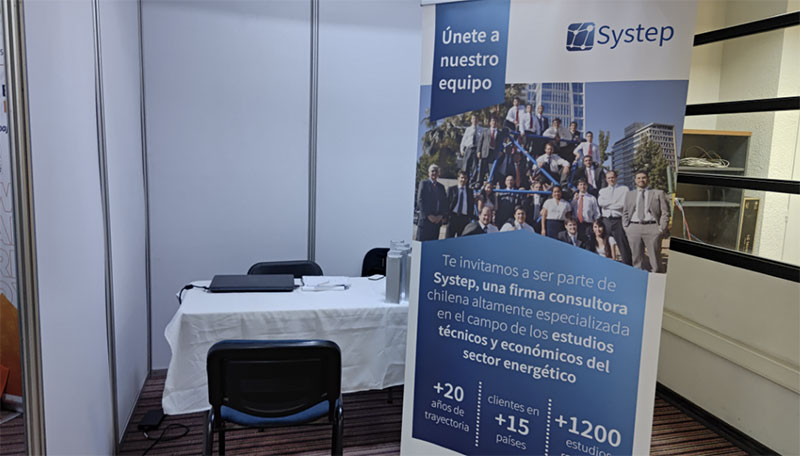
Strong increase in NCRE and its intermittency requires sources such as thermoelectric plants to inject only at certain hours and earn less.
Conventional generators call for system flexibility to be paid for by renewables
(El Mercurio) The strong increase of Non-Conventional Renewable Energies (NCRE) -especially solar and wind- in the energy matrix has the energy industry on alert. The big question is: Who should pay for the flexibility of the system?
NCREs are intermittent; that is, they only inject energy into the system at certain times of the day, and if they do not dispatch their energy, they lose it. For this reason, conventional energy sources -thermal, hydro and diesel- must reduce their operations during the day and inject more energy at night. However, not generating 24 hours a day means that these plants are less profitable.
The struggle between conventional and renewable energies has been escalating. When AES Gener was consulted on the matter, the general manager, Javier Giorgio, warned: “The energy sources that create intermittency should pay the energy sources that provide stability”. He explained that conventional sources are key in a scenario of high intermittent penetration and that the CDEC must define the level of renewable penetration that can be stably and safely compensated by conventional sources.
Colbún explains that electricity is a product that is subdivided into three components: power, energy and flexibility, and “it is only right that each producer who contributed part of the three by-products should receive their corresponding remuneration”. They also warn that “if a generator contributes only a part of the by-products, but collects the entire price of electricity, it must reimburse or return what it collects, but which does not belong to it”. The electricity company points out that “what is important is that the right signals are given, so that each type of technology receives what it is entitled to and does not suffer damages for not being remunerated for what it contributes and that some do not collect what they have not contributed”. Finally, they indicate that when costs are properly allocated, it will be the market itself that will set the limit for each energy source.
Endesa Chile, when consulted, declined to comment on the matter.
Legal loophole
Flexibility as an attribute of the system is not defined in the current regulation, nor is how it should be remunerated, says Ramón Galaz of Valgesta. He warns that it is necessary to advance in this regulation due to the increase that has been seen in variable NCRE in the system: “there is a cost that should be paid, and it should be defined by whom”, he says. The consultant assures that this situation imposes on the conventional companies the risk of being less dispatched, which impacts their revenues and profitability. In general,” he says, “the plants that can operate with the greatest flexibility are hydroelectric and natural gas plants.
Synex’s Sebastian Bernstein points out that coal-fired power plants have low long-term flexibility and almost no short-term flexibility. However, he explains that some gas-fired combined cycle plants can adapt to long-term flexibilities, while reservoir hydro can be flexible both times. “If both types of services are provided, and paid for by those who pay for them, there is no need to put a physical limit on wind and solar NCRE. Economic competition will determine the optimal system mix,” he explains.
Rodrigo Jiménez, of Systep, believes that flexibility should be paid for by intermittent sources. “The cost of this flexibility would be given by the requirement for each generator to deliver a certain capacity to support variations in system demand, where those generators that are not able to deliver it will have to buy it from other generators that are able to do so. This would give rise to a new complementary service”. He adds that as long as energy storage is limited, more flexible sources will continue to play a relevant role in system security.
“What is relevant is that each technology receives what it is entitled to and does not suffer prejudice for not being remunerated for its contribution.”



